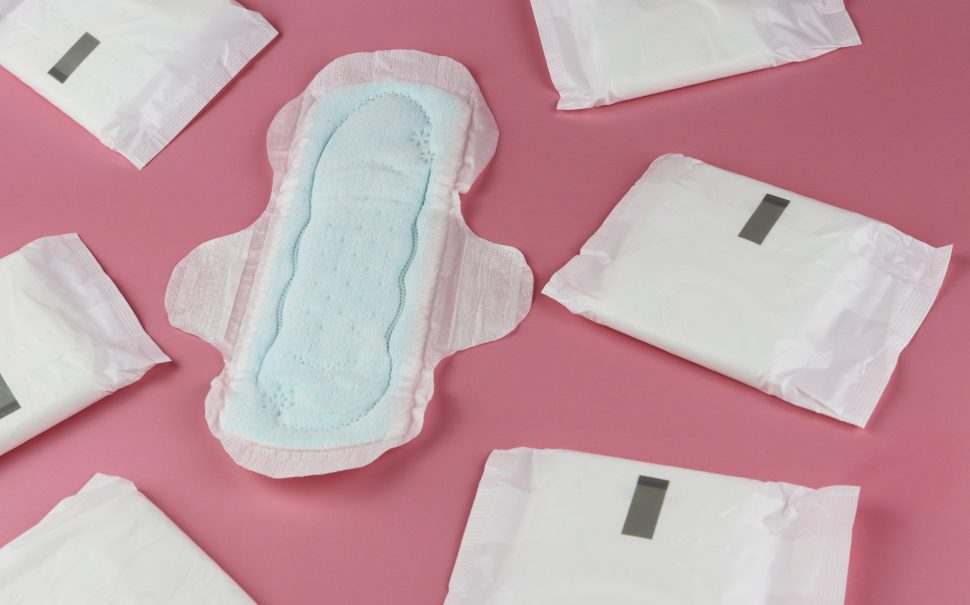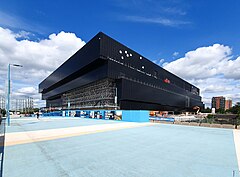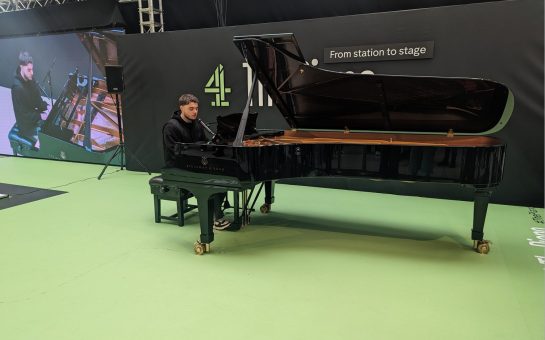Around 15 million women are of menstrual age in the UK. Of these women, one in eight are affected by period poverty – and campaigners fear the problem is only going to get worse. Emma Hagerty reports…
Amid the worst cost of living crisis the UK has seen in over 40 years and inflation rates putting prices up across the country, the ongoing issue of period poverty is progressively worsening.
Described as ‘the lack of access to sanitary products caused by financial constraints’, period poverty affects roughly 12% of women in the UK, according to a new survey.
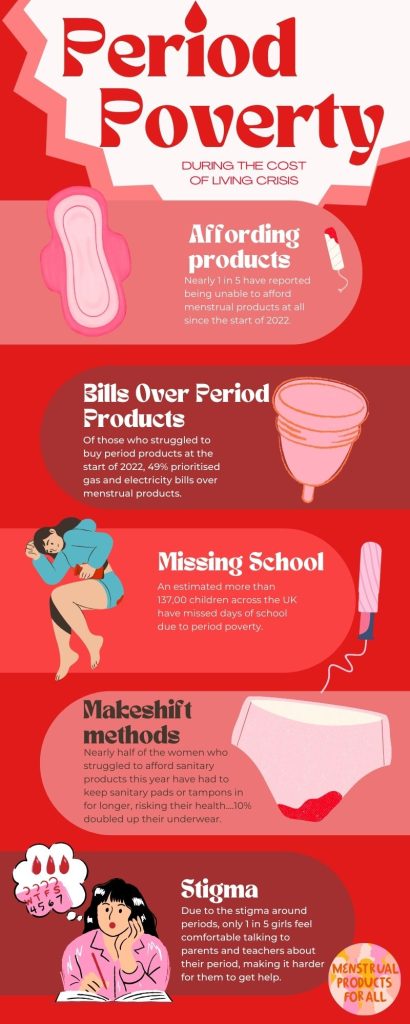
And charities and campaigners are calling on the government to do more to help people who menstruate.
Founder of UK charity Freedom4Girls, Tina Leslie, said the government needs to “tackle poverty head on.“
When discussing the impact the cost of living crisis is directly having on period poverty in the UK, Tina said: “The increase in the provision of period products has increased week on week, the people who were struggling before the cost of living crisis are still struggling.”
She said: “Where is the period poverty task force we were part of in 2019?
“The government pledged £250k to tackle the issue. Where is that money now and why was the task force disbanded?”
She also pointed out how there is now an added new mix of financial insecurity following the pandemic and during the cost of living crisis.
“Millions are accessing food banks for products, and if you cannot afford food you certainly cannot afford period products,” she said.
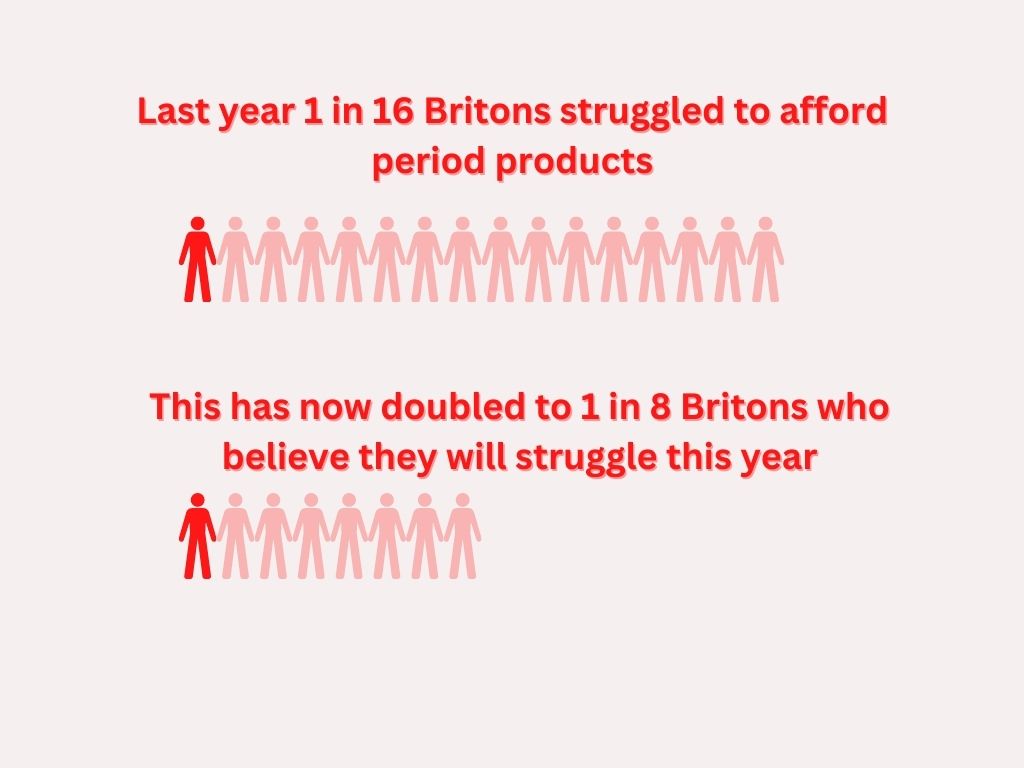
The charity Bloody Good Period also reported a 78% increase in the need for free period products in the first three months of 2022. In addition to this, due to the UK experiencing one of its highest rates of inflation in the 20 years, the increase in the production cost of disposable period products is also causing issues across the country. For example, the Economics Observatory pointed out how Tesco has doubled the price of their least expensive period pads, from 23p for a pack, to 42p for a pack – rises which have wiped out any gains from the abolition of the 5% VAT ‘tampon tax’.
Many restaurants, bars and pubs in Manchester are now starting to provide free period products for people as prices are starting to rise.
One of the leading campaigns in the city is run by the Manchester Arndale shopping centre.
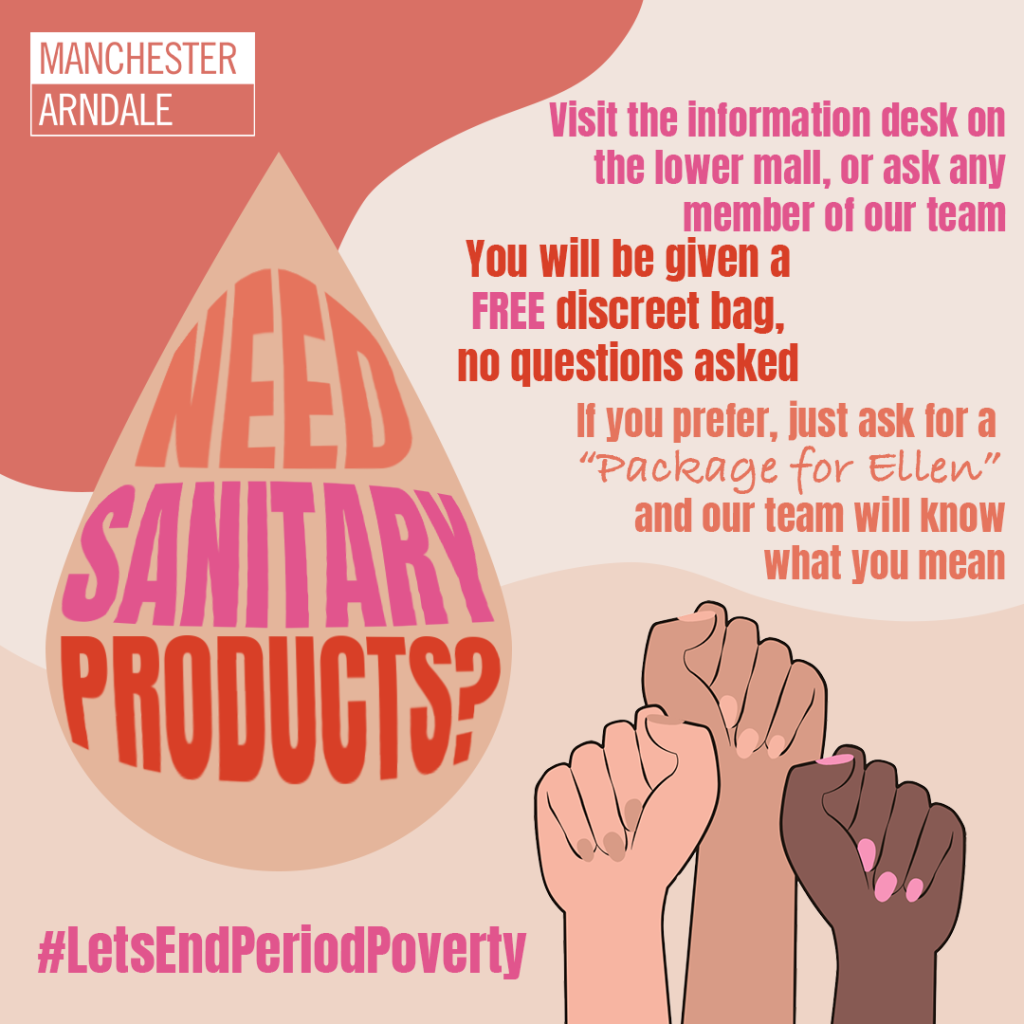
Suzanna Armfield, digital marketing and PR manager for the Arndale, said the ‘Ask for Ellen’ scheme – named after Mancunian suffragette and women’s right campaigner Ellen Wilkinson – is committed to supporting the local community by providing free period products all year round to help combat period poverty in Manchester.
The scheme was launched on International Women’s Day last March and since then, has provided a package to between 30 and 50 people each month.
Armfield said the centre has seen an increase in demand over the last few months.
She added: “As a society we need to overcome periods as a ‘taboo’ subject, but we have received a number of positive comments from shoppers regarding the discrete process to request a package and the professionalism of our team, which has been important in helping individuals feel comfortable when asking.
“Any businesses that are able to offer similar schemes should do so, whether that’s shopping centres, bars, restaurants or other venues. It requires a relatively small investment from the business each year, but can have a huge impact on those who use the service.”
While discussing period poverty in Manchester, a few residents of the city said what they thought of the issue:
A poll conducted for this feature asked Manchester residents how period poverty is affecting them during the cost of living crisis, and if they thought period products should be free in the UK.
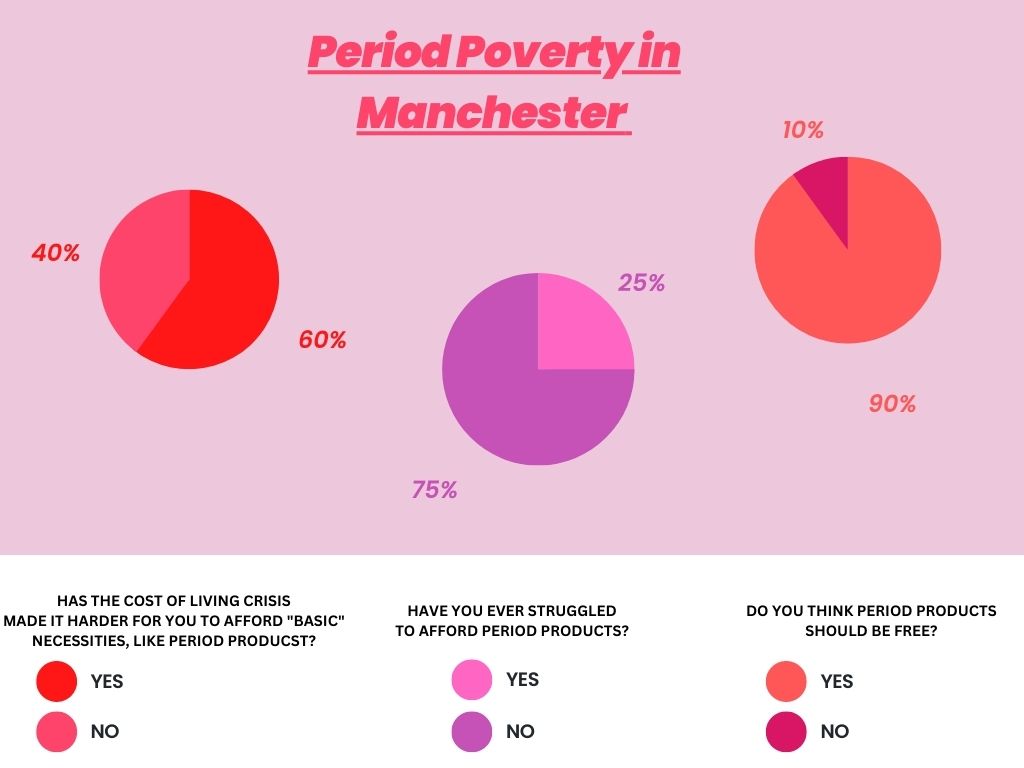
Of the people – aged from teens to 65 – polled, 90% of them believe period products should be free.
When asked why, one said, “It’s fundamental to be able to access period products at all times to lead a normal life, it’s basic hygiene”.
Another simply commented: “Because Scotland did it.”
In November 2020, Scotland became the first country in the world to make all period products free for everyone as a way of tackling the ongoing period poverty issues.
England, Wales and Northern Ireland have not followed suit.
However, in January 2020 the government did introduce the Period Product Scheme in England, providing free period products to menstruating people aged 16-19 in their place of study. In a statement on the government’s website regarding the period product scheme, it read that having periods should not be a barrier to education for anyone.
But two million UK children still missed school due to period poverty this year, according to one children’s charity.
Plan International UK said a survey of 1,000 UK girls, aged between 14 and 21, revealed nearly one in five girls could not afford period products at all this year.
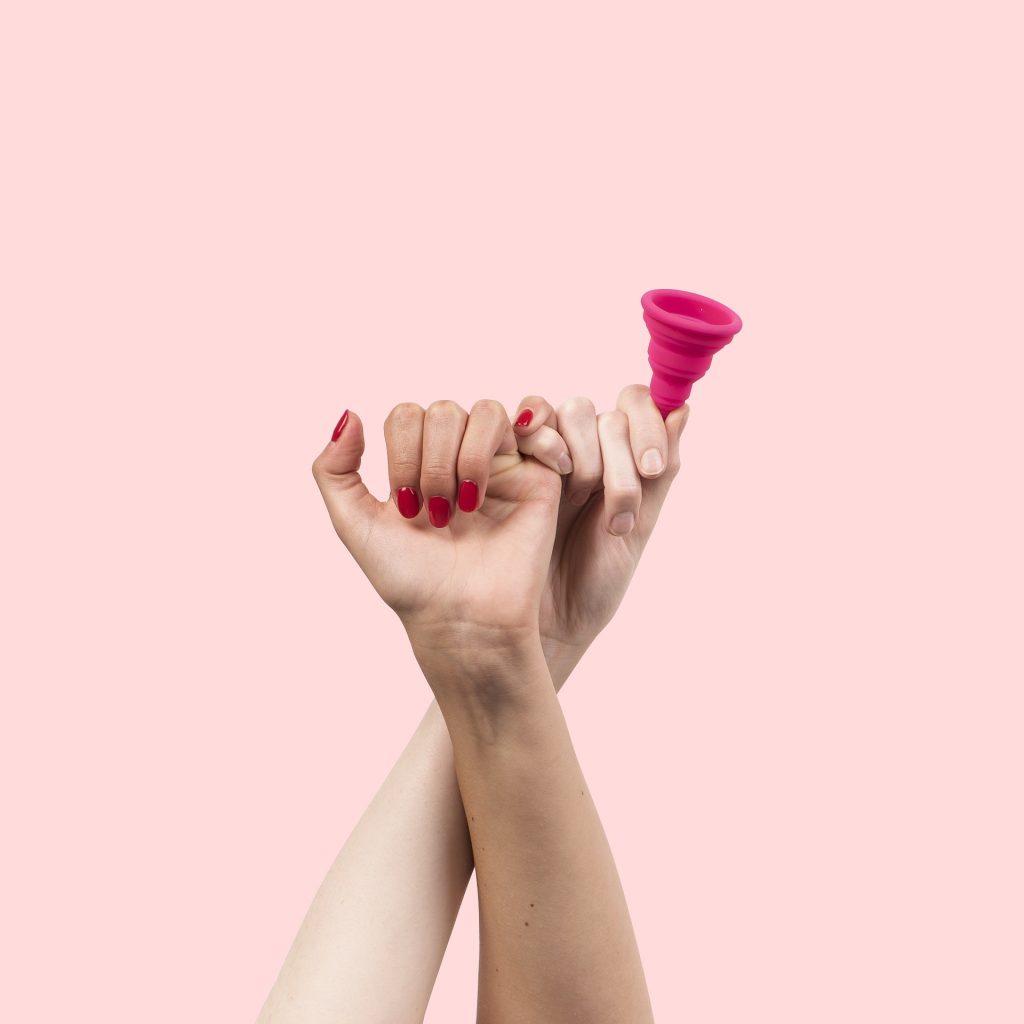
Overall in the UK, period poverty is an issue for many people. However, the issue is undoubtedly exacerbated by the ongoing cost of living crisis that people from all across the country are having to fight against. In final comment on the issue, Tina Leslie said the government needs to “tackle poverty head on and fix the broken social security system”.
“We need policies to support people.”
